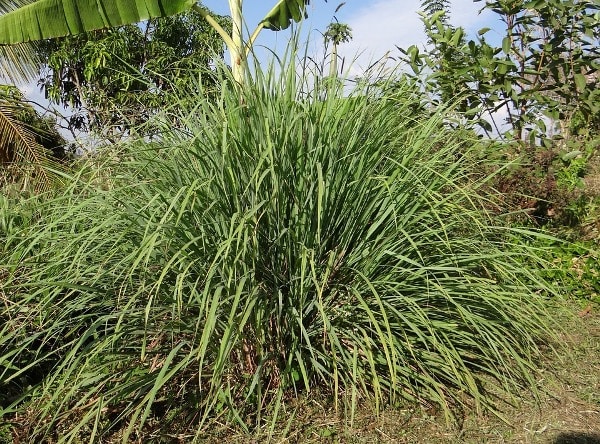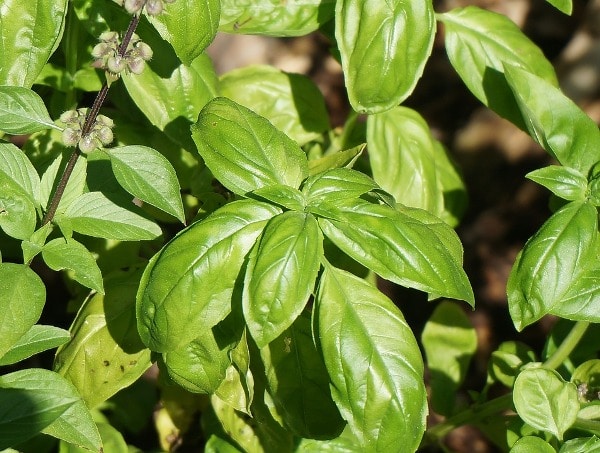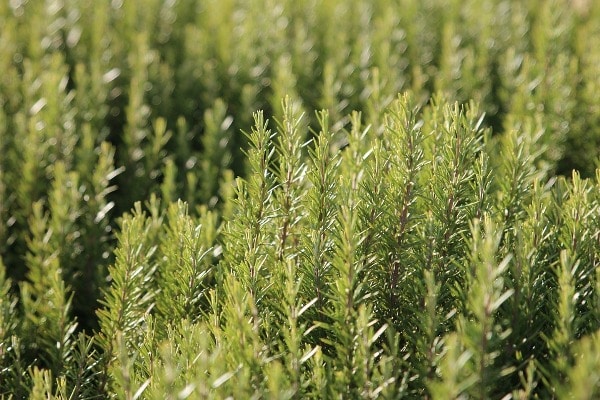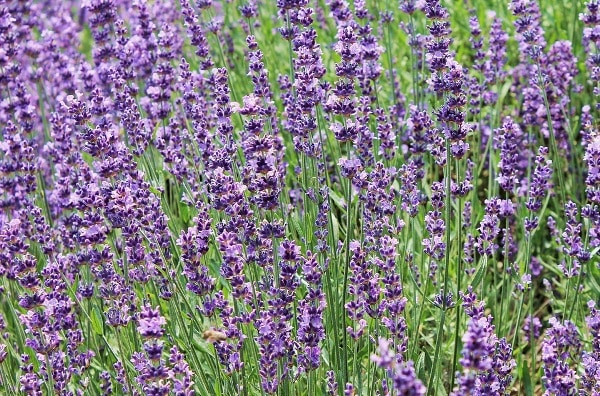Growing Mosquito Repellent Plants in Home Garden
Today, we are into growing mosquito repellent plants in your home garden. My apologies to almighty, our creator but certainly mosquitoes are the most irritating livings ever existed, especially in summers when you wish to open your windows to fetch some fresh air but these annoying uninvited guests’ bumps in. During that one-minute advertisement break, you will definitely come across 2-3 advertisements about mosquito repellents sprays and coils as the summer and springs arrive they start gaining more popularity. But there are concerns about the potential toxic effect of these, especially when used by children.
They say where everything fails nature comes at rescue.
So there are biological, natural ways to ward off mosquitoes away besides inhaling poisonous gases of mosquito-killing coils and drowning yourself in mosquito sprays. Few plants help to repel mosquitoes and other insects and they are easy to grow too. Welcome these plants into your garden for not only their colorful display and fragrance but also their ability to keep those uninvited mosquitoes out.
As we are constantly working to deliver facts about miracles of nature for your use. Today we will discuss plants which are easy to cultivate and having mosquito repelling properties.
Growing mosquito repellent plants in the home garden is not rocket science and a novice gardener can easily do this.
- Marigold :
Gardener’s favorite and commonly available plant which is often seen in almost all gardens as an ornamental border plant. These are the hardy annual plants with bright orange to yellow flowers. Marigolds have a distinctive smell that deters mosquitoes. This has a scientific reason behind it; researchers found that marigold plants have several compounds with insecticidal properties, including volatile chemicals called thiophenes. These killed the larvae and adults of both Aedes aegyptii the mosquito that carries the malaria disease, and Anopheles stephensi, the mosquito responsible for carrying yellow fever. Marigolds can be easily grown in containers, pots and you can also place them near your terrace, balcony or entrance to your home to keep nasty mosquitoes away. Many Asian countries use marigold wall hangings and garlands for decorations.
Marigolds prefer full sunlight and reasonably fertile soil you can raise marigold plants using seeds or seedling which are easily available in gardening stores and for next season you save your own seeds simply from mature marigold flowers. Besides being mosquito repellent it also wards off preys of tomato plants such as tomato hornworms, whiteflies, aphids, and thrips. Its beauty, easy cultivation, and mosquito repelling quality make it a perfect garden flower.
- Lemmon grass and Citronella:
Cymbopogon citrates work as a great mosquito repellent. It contains citronella; a natural oil that repels the mosquito or insect. This compound found in long needle leave leaves of the plant gives strong citrusy scent. Lemmon grass has gain popularity fir enriching flavor of different dishes and drinks because of its refreshing lemony scent. Often lemongrass and citronella are more cousins. They almost look the same, they grow the same way, and as essential oils, they are processed the same manner.

But they differ in their botany; Citronella has pseudostems that are reddish in color. Lemongrass, on the other hand, is green. If you are planting both kinds of grass in your gardens, you should know these so that if you’re picking Lemongrass for tea time, you won’t mistake Citronella for it.
Read: Ideas and Tips for Urban Gardening.
Citronella is the most common ingredient used for the formulation of the range of mosquito repellents you can see variety of advertisements of flashcards or incense sticks claiming mosquito killing ability, are being sold as “citronella incense sticks” because citronella aroma is strong and it masks other attractants to mosquitoes and this scent fulfills the consumer preferences.
Lemmon grass and citronella can be grown directly in the ground for better spread or in a large pot with proper cutting because this grass grows long up to a height of 5-6 feet. You can grow it in your garden, backyard, and balcony and even in your rooms in small planters but with proper arrangement of sunlight. You can propagate it simply by growing stalks of the grass to a different location with full sun and well-drained soil.
- Basil:

Basil is a warm-weather; fragrant herb that is especially known as a culinary herb as it adds tastes in Italian dishes—and let’s not forgets homemade pesto! Along with this basil is dual purpose. Plant some basil. Not only can you have delicious fresh herb on hand to add to all of your favorite recipes you can also have you will have a quick and easy mosquito repellent. Many expert gardeners recommend trying lemon basil or cinnamon basil to ward off mosquitoes. The pungent smell of the basil leaves is warding off the mosquitoes. Basil is one of the easiest herbs to cultivate due to its fast spreading habit. For growing basil, you can simply plant seeds or transplants and it will yield an abundant harvest within weeks. Basil requires well-drained warm soil and lots of sunlight to thrive. You can easily grow basil in containers, or in the garden, alone or with other flowers.
- Rosemary:

Rosemary Mosquito Repellent Plants.
Rosemary is a perennial evergreen shrub well known for its essential oil. Rosemary is an easy maintenance crop and can grow all over the world but it performs well in colder regions because it has excellent ability to withstand frost. Rosemary has a woody stem and linear leaves which are highly aromatic, its typical woody scent is exactly what keeps mosquitoes and other pests away. You can enjoy its scent without letting the mosquitoes disturbing in containers or in the garden by pruning it into all sorts of shapes and sizes and it also makes a great border plant. For its propagation use of seeds is less preferred because of low germination, cuttings are best-suited propagation practice.
- Lavender:
One of the important commercial plants. Lavender is a perennial aromatic herb with silvery-green foliage, upright beautiful flower spikes. Lavender is best known for its aromatic and several medicinal properties. Lavender can be grown in garden beds or in pots it can also beautify your garden when used as an informal hedge. Expert gardeners prefer lavender for its mosquito repelling properties because of the presence of camphor content in the plant and even it is argued that lavender oil hinders a mosquito’s ability to smell!. They are various lavender-based products available in the market so cultivating lavender may fetch you good bucks. Lavender is a temperate plant and it can tolerate drought and frost conditions though plat requires good sunlight as it is directly correlated with its yield and oil content. Propagation of the plant can be done by seed, rooted cuttings, and layering.

These were the different plants that can be grown for repelling mosquitoes but only planting do not completely stop these fellows to enter your space.
Some additional points to keep in mind:
- Plucking the leaves of these plants and rubbing their oils directly onto your skin can amplify their positive effects on repelling mosquitoes. Plus, the scent that leaves behind is another add on.
- Mosquitoes did not come alone they gate crash with family. For preventing mosquitoes from reproducing in your yard the best way is to get rid of all standing water. Everything that can hold even the smallest amount of rain or any sort of water must be removed or turned over.
So, we have learned of growing mosquito repellent plants, happy gardening!.
Read: Plant Tissue Culture Techniques.